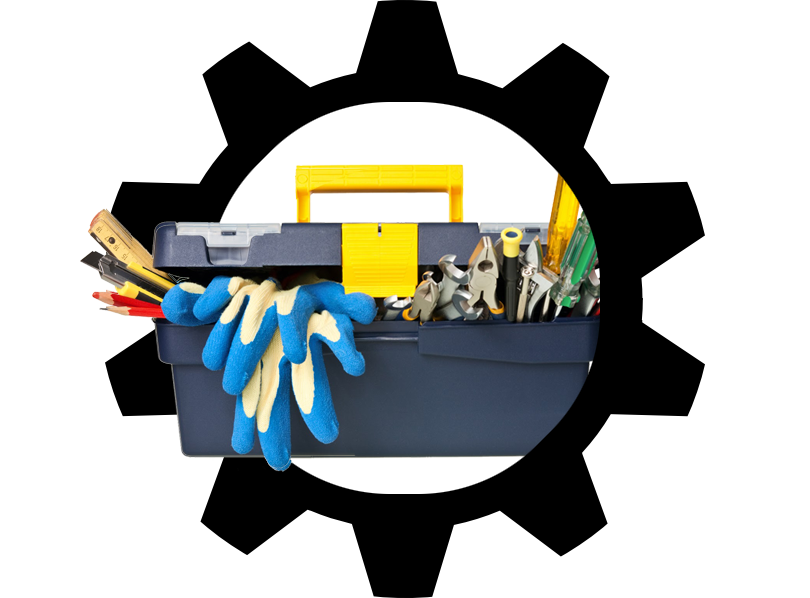The importance of a doctor in our life:
Most of us usually visit the doctor only when we fall sick or have some serious problem in our body. The doctor will ask for the symptoms of the problem reported and give a suitable medicine. After few days of taking the medicine, the body starts getting back to normal. But if the problem is severe what do we lose? We lose a lot of time, money and energy. A lot of pending work gets accumulated to be finished later under a lot of pressure.
As we get older we turn a little wiser, and we start visiting the doctor once or twice in a year for some regular check-ups. As per our age, the doctor will ask for some checks to be done and give some advice or medicine to set things right. What are we doing here? Here we have visited the doctor just to make sure that everything in our body is OK. If there is any issue the same can be taken care at a very early stage by modifying our lifestyle or by taking light medicines. By adopting this practice we do not lose much of our valuable time, energy and money.
Importance of doctor in the equipment industry:
Like the above points it is very much clear that visiting a doctor before something wrong happens to our body is much better than visiting him with a serious problem.
The doctor here is referred to your operator or the person in charge of taking care of the equipment. The same rule also applies for the machinery that you have invested in. Proper care will result in long life and less maintenance issues and less breakdown.
Usually most of us perform replacement or repair of worn out or nonfunctional parts only when the equipment comes to a halt. This means that only after replacement or repair of the defective part, the machine can be functional. You usually follow this procedure or face such a situation when there is no preventive maintenance plan in place. A proper preventive maintenance plan will stop or prevent unnecessary breakdown by incorporating a system by which the machine is regularly inspected and maintained.
We hear many people complaining that it is very hard to stock the necessary parts and it is a privilege that cannot be afforded. But believe me when your machine breaks down in the midst of a critical project the outcome is worse. Imagine the part requiring maintenance is not ready available and has a long lead time? It is a serious problem for your project that will come to an instant halt without you being able to do anything about it.
How does preventive maintenance help?
Improved reliability: Once you have a scheduled maintenance it will help identify small issues before they get big. This will make sure that repairs are scheduled and conducted on time as per your convenience. Regular repairs will increase the uptime of the machine and it will be available when required.

Low operating cost: Imagine a machine that gets broken down in the midst of a project. How frustrating that is? You have all the people and process lined up and this machine gives way in the middle of now where. With schedule preventive maintenance such things are rare to happen because you have taken care of things well before time.
Identifying minor issues before they get big: We all have heard of the term “a stitch in time saves nine”. This proverb applies perfectly here. If small issues or maintenance part or repairs are not identified and taken care of at early stages it can be extremely dangerous as it grows to give much bigger problem and breakdown.
You know the condition of the machine: Since you are regularly maintaining the machine you always know the condition of the same.
Better resale value: Having a proper maintenance schedule in place not only guarantees low breakdown and maintenance but also better resale value for the same.
Maintenance plant/ maintenance schedule:
Having a proper maintenance plan / schedule in place and following the same will maximize the uptime of the equipment and naturally the profits will go up.
Periodic maintenance process should be simple and can be taken care of in few steps like below:
Planning: This refers to having or creating a plan for maintenance schedule in place for your machinery. This is important because you need to know at what time or after how many working hours you need to attend a certain part or section of your machine. A continuous follow-up and rigorous and regular check will ensure that things are corrected before they get nasty.
Execution: This is next important step after planning. Once you have a plan on paper with the complete details start following the plan strictly.
Identifying: By regularly following up the plan you will identify a lot of areas or sections that will require immediate action and some areas that will need a bit tuning or small setting but may not because of immediate worry. Depending on the urgency and importance you can take care of things step by step.
Action: Last step that will require you to act on the problem areas. Some issues may require immediate attention while some issues can be taken care of at a later stage. Depending on the importance you can schedule the corrective action.
Review: Review and update the periodic maintenance schedule regularly so that the system is up to date – always.
Conclusion:
Adjust your production and keep a day or two for maintenance only. This will be useful in the long run. Create a list of important spare parts and stock them. Review the spare parts list and also your periodic maintenance regularly.
Repeating the 4-step process will help you in taking good care of your machine and prevent sudden failure. Even the machine can be used reliably anytime under critical conditions.
